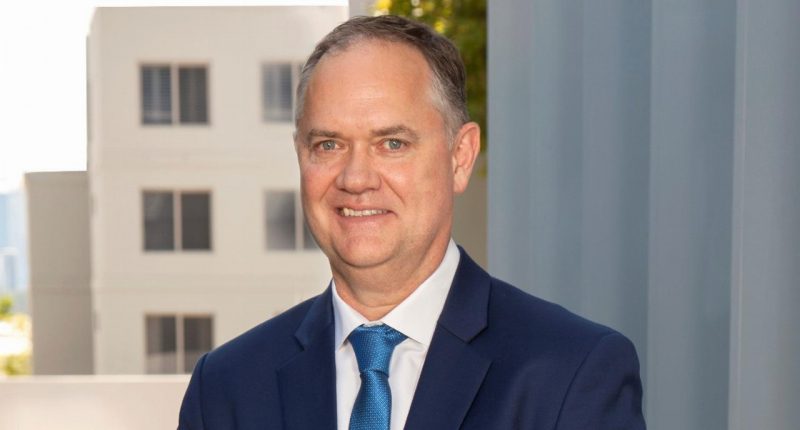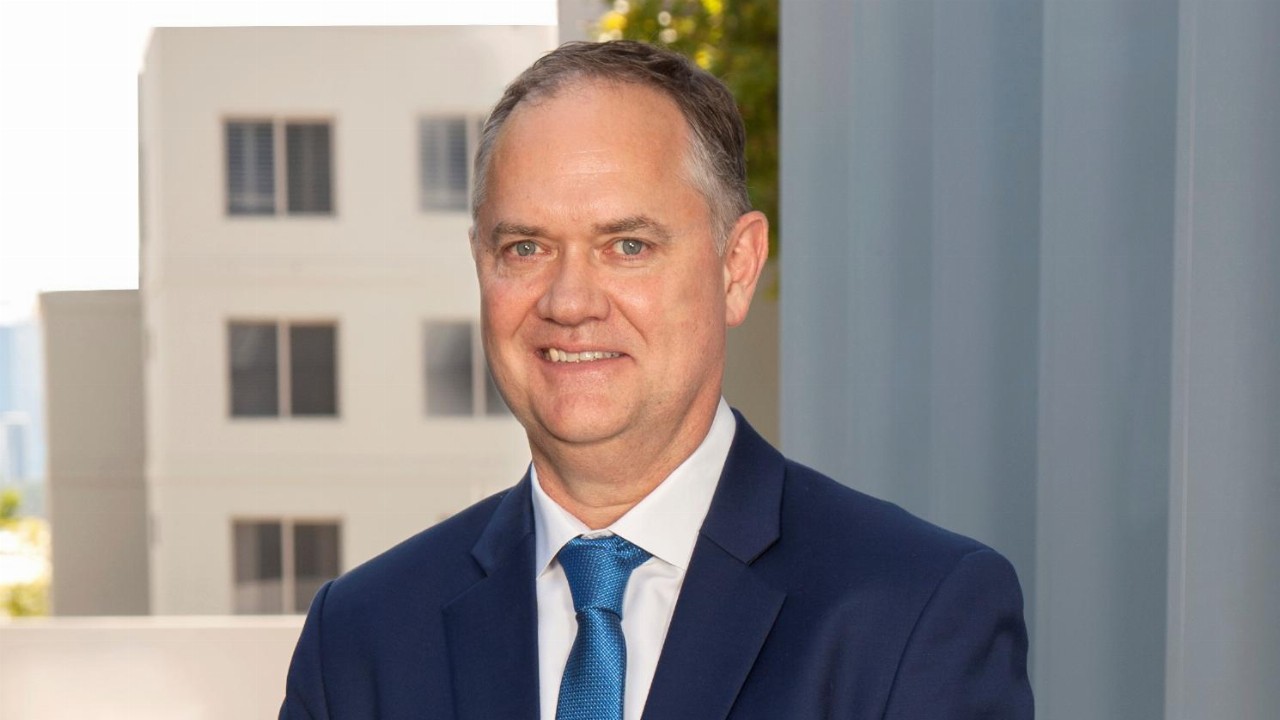- Piloting and testwork at Galaxy Resources’ (GXY) Sal de Vida Project has improved its flowsheet for producing battery-grade lithium carbonate through the addition of a simple process
- Recent test results that incorporated minor enhancements to the flowsheet have returned 99.83 per cent purity
- Galaxy conducted the testing using conventional ion-exchange (IX) technology, which has shown that calcium and magnesium can be easily rejected to the levels required for battery-grade purity
- The material was processed at the minerals business unit of the Australian Nuclear Science and Technology Organisation and, using Galaxy’s simplified flowsheet and the IX tech, returned results with less than 50 parts-per-million of both calcium and magnesium
- Shares are trading 0.43 per cent lower at $2.31 cents each
Piloting and testwork at Galaxy Resources’ (GXY) Sal de Vida Project has improved its flowsheet for producing battery-grade lithium carbonate through the addition of a simple process.
Piloting and testwork has been underway at the Argentinian project for the past 12 months. Earlier this year, piloting on site produced 0.8 tonnes of high-grade lithium carbonate peaking at 99.9 per cent purity.
The product was shipped to the minerals business unit of the Australian Nuclear Science and Technology Organisation’s (ANSTO) facility in Sydney for analysis and verification.
According to Galaxy, ANSTO has significant experience in lithium process development for brine projects. The companies have been working together on its technical development program for over two years.
Now, results from a recent continuous pilot run that incorporated minor enhancements to the flowsheet has returned 99.83 per cent purity.
Over 100 kilograms of product were shipped to ANSTO for assaying. The process specifically targeted the lowering of potassium, sodium and boron but didn’t focus on the reduction of calcium and magnesium.
Galaxy conducted testing on calcium and magnesium removal through conventional ion-exchange (IX) technology, which showed that both elements can be easily rejected to the levels required for battery-grade purity.
Testwork performed at ANSTO, using the site prepared feed used in piloting, has been processed via Galaxy’s simplified flowsheet and IX.
Lithium carbonate product was successfully produced containing less than 50 parts-per-million of both calcium and magnesium.
Galaxy says the IX equipment can be purchased off the shelf and seamlessly incorporated into the stage one project schedule without any interruption.
CEO Simon Hay said the technology advance is unique to conventional evaporation processes and is an “outstanding” development achievement for
the team.
“Galaxy remains on track to execute and deliver a highly competitive, low-cost project to the market in time for the forecast lithium demand surge,” he said.
Shares are trading 0.43 per cent lower at $2.31 cents each at 11:35am AEDT.








